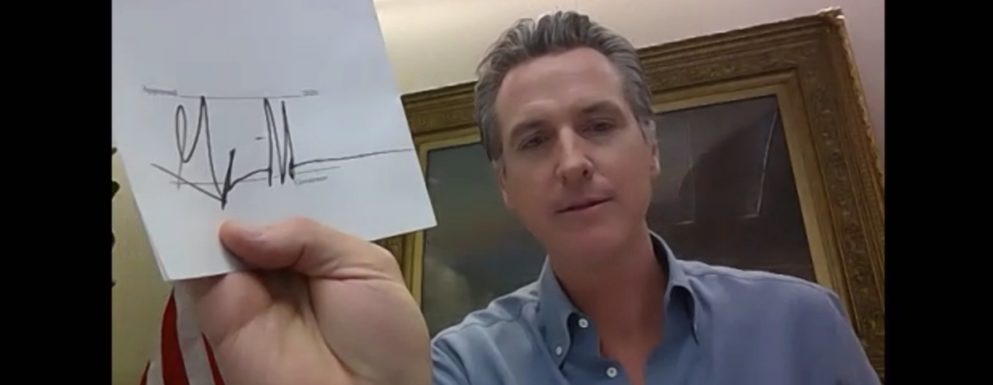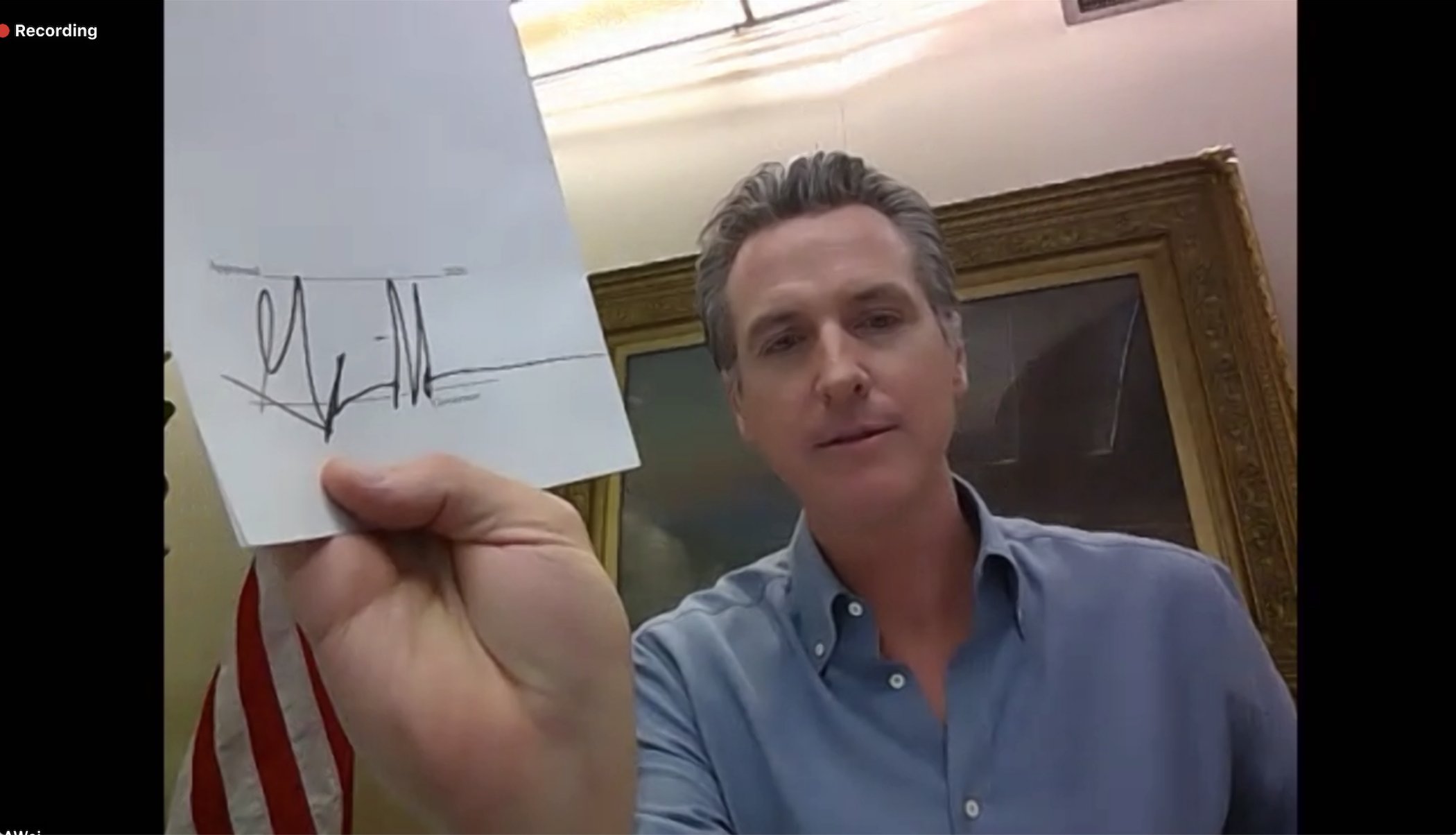
By Andy Lau, KYCC Prevention Specialist
Much of KYCC Prevention Education (PE) Unit’s work supports local policy efforts to protect the public health of our communities—from rebuilding them after the harmful impact of past War on Drug policies, to ensuring the future generation of our communities are safe from current substance abuse issues such as the youth e-cigarette epidemic.
Their current local efforts to curb youth use of addictive and popular flavored tobacco products in Los Angeles and Culver City are being mirrored by the state through Senate Bill 793. All of these legislating policies ultimately impact our communities in very real ways, and KYCC Prevention Education takes care to help educate the community we serve by making sense of what they entail in our lives. The state of California has recently taken efforts to reduce youth access to tobacco products by passing a bill that restricts the sale of flavored tobacco products and e-cigarettes.
After the State of Massachusetts, California is the second state to have passed a ban on flavored tobacco products that includes menthol flavors, e-cigarettes, and chewing tobacco.

On Aug. 28, 2020, Governor Gavin Newsom signed Senate Bill 793 (SB 793) into law, prohibiting retailers from selling or possessing flavored tobacco products with the intent to sell. SB 793 was introduced in response to the skyrocketing number of teenage vapers, the increase in marijuana vape-related deaths, and increased concerns over respiratory health due to COVID-19. The bill was passed with the objective of promoting health equity and preventing tobacco addiction among youth. The ban included flavored juices, menthol cigarettes, chewing tobacco, and flavored cigarillos, but excluded hookah and premium cigars.
The bill will come to effect on Jan. 1, 2021. It is also important to note that while SB 793 prohibits the sale of flavored tobacco products, it is still legal to possess these products for personal usage. SB 793 also allows the sale of flavored hookah products by licensed hookah lounges for personnel aged 21 and over.
Because SB 793 doesn’t criminalize individuals from purchasing, using, or possessing flavored tobacco products, it refutes a claim that the tobacco industry has been using: that the passage of SB 793 will make it easier for police to harass people who use menthol cigarettes, especially among African American communities and people of color who are known to smoke menthol cigarettes in higher numbers.
Many marginalized populations—including people in low-income communities, racial and ethnic minorities, LGBT individuals and those with mental illness—all have a long and documented history of being targeted by the tobacco industry. Tobacco companies have disproportionately affected the health of these communities by pushing advertisements of their products through billions of dollars in predatory marketing.
Furthermore, other claims such as small retailers selling menthol products being impacted and that there may be an illegal market are refutable. Close monitoring by local public health departments across California reveal there have been no known reports of surges in illicit sale activities in over the 90 cities and counties in California that have passed similar policies on restricting the sale of flavored tobacco products.
However, the fight is also not over, because tobacco companies have submitted a referendum to nullify the law to the Attorney General’s Office. Within 90 days, the referendum must obtain 623,212 signatures in order to qualify. If this referendum qualifies for the ballot, SB 793 will be suspended until the referendum vote in the November 8th, 2022 general election. Voters will then decide on whether the challenged bill will then take effect.
Help protect the youth and vulnerable in our community by spreading awareness of these issues and how to get involved.